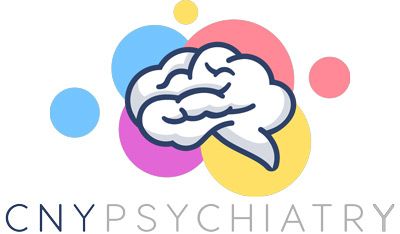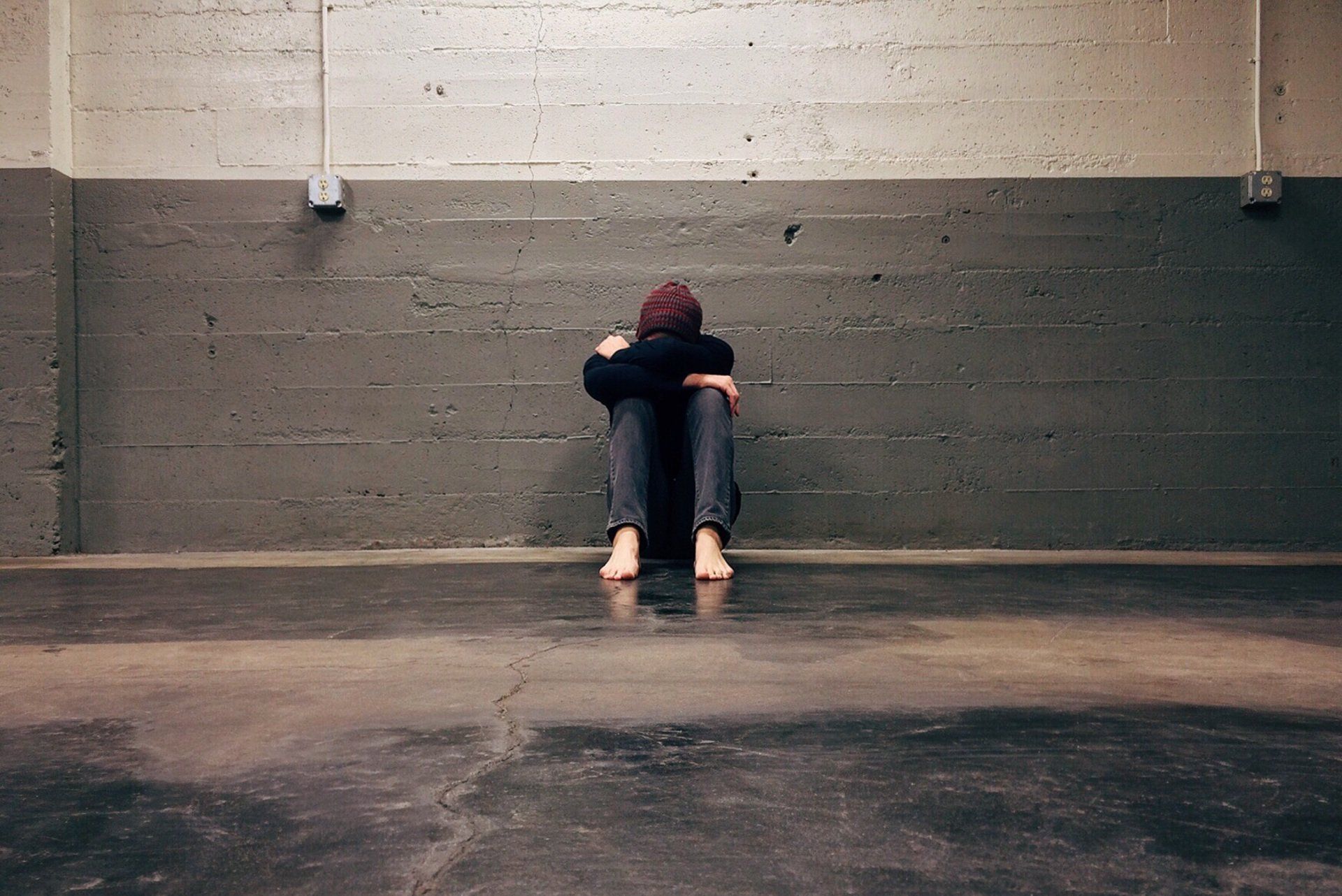I’m Depressed and I have Bipolar Disorder: What Is the Best Treatment?
Jason Stepkovitch, MD • February 3, 2022


Bipolar disorder generally brings to mind the manic individual behaving erratically. I once had a manic patient who had stolen an ambulance out of an ER parking lot. Another had bought four vehicles she didn’t need from a local car dealer before coming down from her episode (I was not very happy with the car dealer who happily kept selling her vehicles). What sometimes gets lost in this heavily genetic condition is that much of the time bipolar individuals struggle with depression, and can look exactly like individuals suffering from major depression.
As a psychiatrist, taking a thorough, careful history is extremely important anytime a patient comes in complaining of any mood symptoms. The depressed or irritable patient will often forget to tell you about the episode four years ago when they were dancing on the tabletops at the local bar and couldn’t sleep for over a week. Even when a psychiatrist goes digging into the past, many patients have difficulty clearly remembering periods from several years ago. Other issues, such as PTSD or borderline personality traits, which can have overlapping symptoms such as mood swings, impulsive behavior, and problems with emotional regulation, can make piecing together past manic episodes challenging.
Once a bipolar diagnosis is confirmed in someone who is currently depressed, standard of care is focused on treating the current mood state while prophylactically addressing the risk of cycling into mania or hypomania. Unfortunately, psychiatrists do not have a wealth of proven options at their disposal when it comes to treating the depressive phase of bipolar disorder. We currently only have a handful of medications, all mood stabilizers, that have received FDA approval for this condition in Bipolar I: Seroquel, Latuda, Symbyax, and Vraylar.
Notice that there are no antidepressants on this list of medications. This may seem quite surprising given that antidepressants are prescribed quite commonly in bipolar depression to this day, and common-sensically one would think that depression would be treated with a medication class used to treat depression. There are a few issues here that need to be reinforced: 1) Though both share the same depressive symptoms, bipolar depression is an entirely different illness than major depression. 2) There is no clear evidence that antidepressants are effective in the treatment of bipolar depression, although the far-reaching majority of individuals suffering from bipolar disorder are, or have been at some point, on an antidepressant for the management of the depressive phase of the illness. 3) Antidepressants added to mood stabilizers may increase the risk of precipitating a manic episode.
I, like most psychiatrists, have many times prescribed antidepressants for my depressed bipolar patients merely because the mood stabilizers approved for this condition have not been effective in pulling the individual out of their depression. More effective and safe treatment options for our bipolar depressed patients has been an urgent need in psychiatry.
TMS is a very promising treatment option for those suffering from bipolar depression, although it has not yet received FDA approval and is not currently a covered treatment by major insurers. Multiple studies have shown TMS to be safe and effective in this often difficult-to-treat population of individuals. A recent study published by Dr Scott Aaronson at Johns Hopkins using TMS in bipolar depression produced impressive results. Out of 44 patients, 77 percent of the individuals who completed a full course of TMS experienced a 50 percent reduction in the severity of their symptoms. Forty-one percent of subjects experienced full remission of their depressive symptoms. Those results are as impressive, if not more, as the data we see in major depressive disorder, an FDA-approved indication for TMS.
TMS also appears to be safe and well-tolerated in individuals with bipolar depression. A major concern has been the risk of activation and inducing mania. This risk is rather low, with less than 10 percent of individuals in this study discontinuing treatment due to concerns over-activation. Clinics such as Johns Hopkins, which treat a significant number of individuals with bipolar depression, are finding that the risk of inducing mania can be further reduced by spacing treatments out a bit if the patient begins to experience irritability or euphoria during the course of treatment.
We’ve had several bipolar individuals seek TMS treatment at our clinic. The results so far have been very positive, and I strongly feel at this point that TMS should be included in the list of standard treatment options for the depressive phase of bipolar illness. We are hoping in the coming years that the FDA and major insurers will agree and begin providing coverage for this important treatment.




